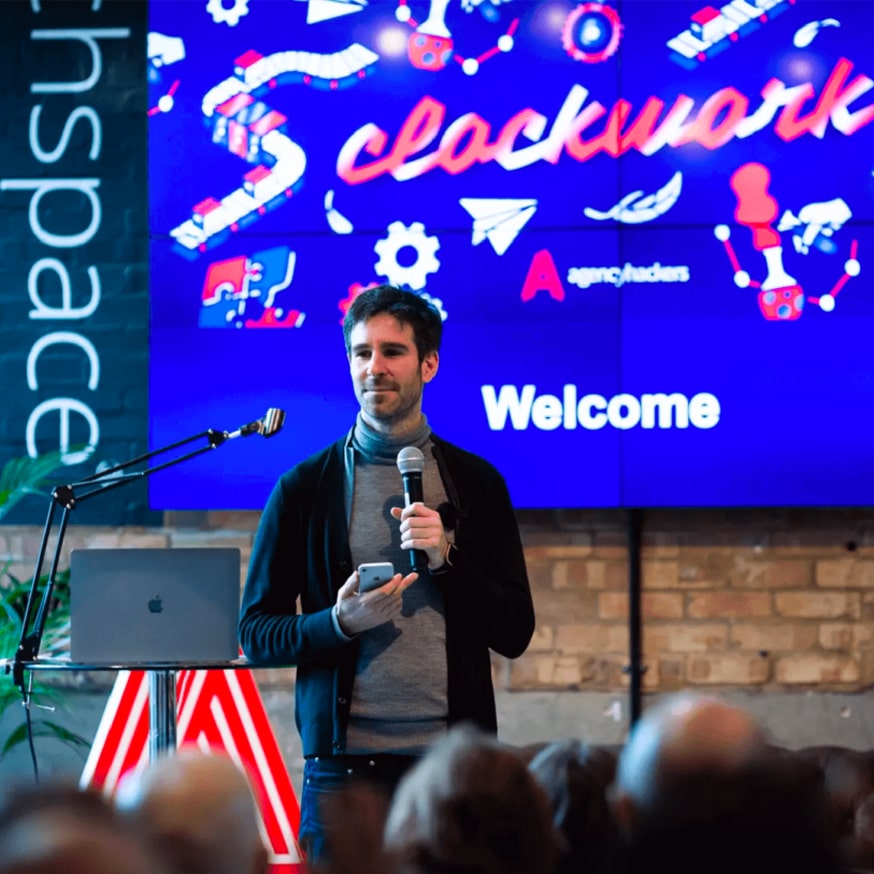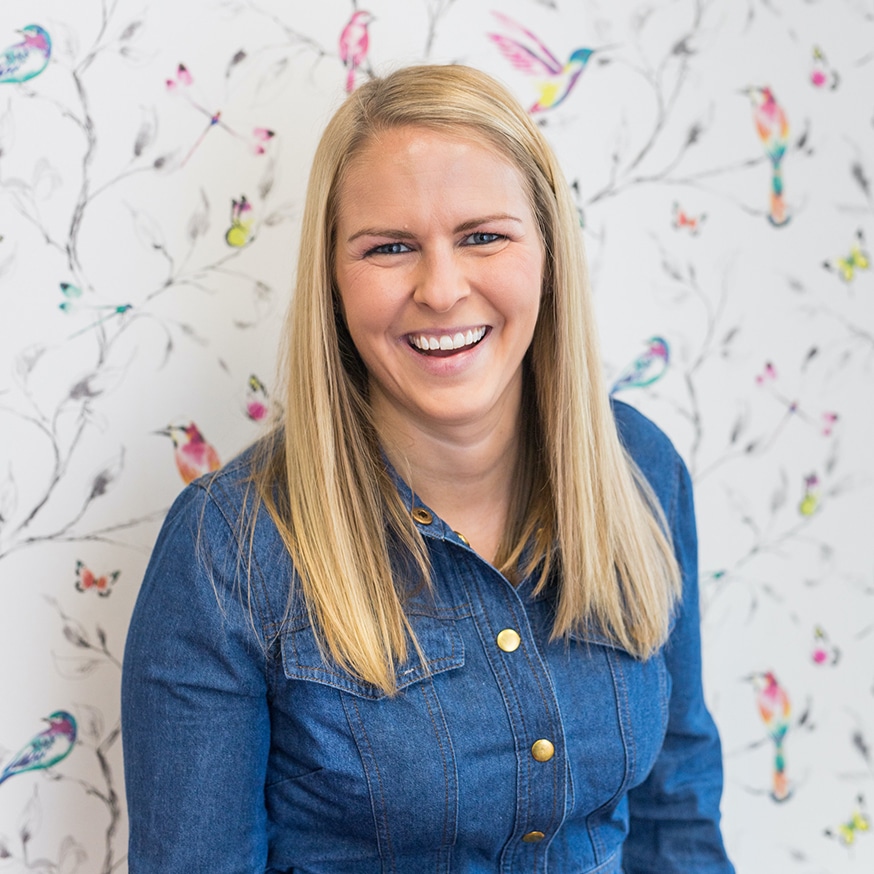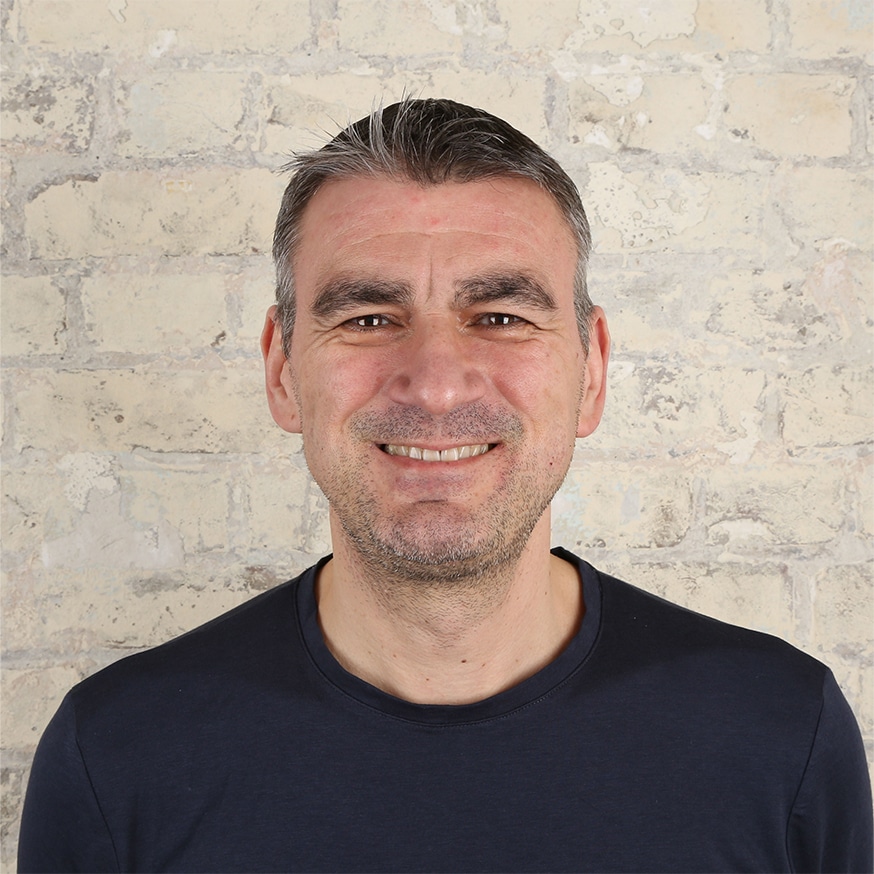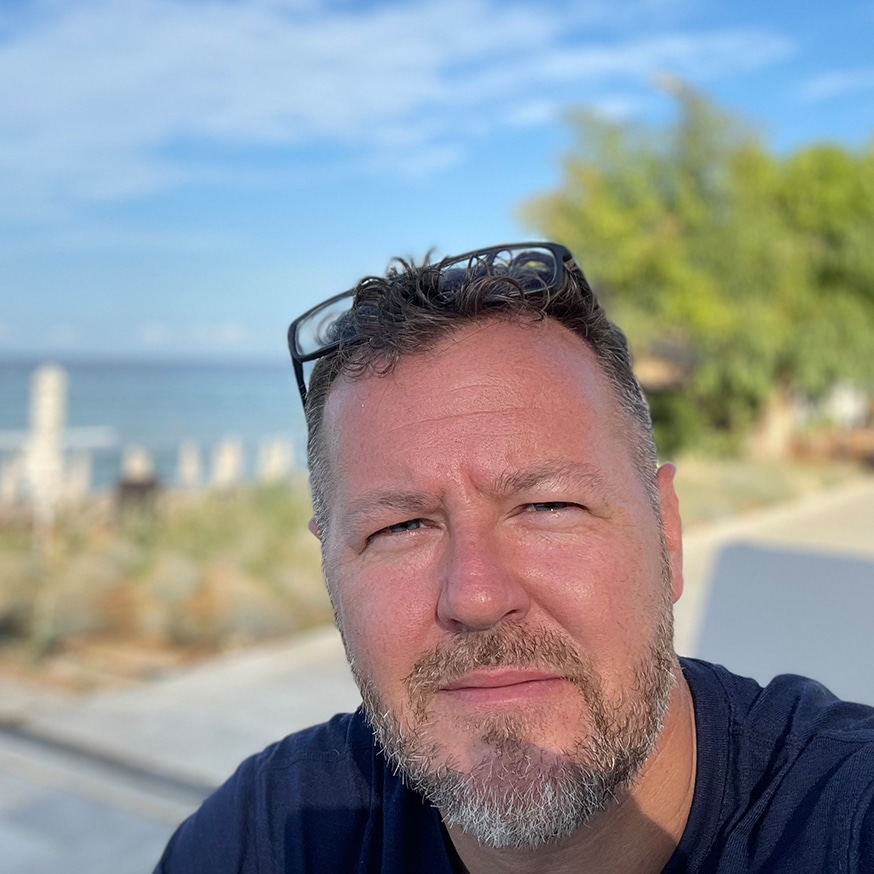#004
"Get the right people on the bus"
(A Jim Collin's Special - Part 1)
In 1823 Stanislas Baudry invented something that would change the way we travel. An inner city mass transit system that could move about on any “road” network and carry not just the wealthy, but everyone.
It was transformational, ground breaking, life changing…
It was the Omnibus!
No, not the EastEnders Omnibus.
The thing we now refer to as simply a “bus”.
And personally, I can’t think of a more uninspiring mode of transport to use in a business aphorism - other than maybe riding a cabriolet in torrential rain!
You feel sick when you look down for too long.
You get stuck for hours in traffic.
It’s never on time.
You’ll be lucky if there is a toilet.
And hopefully there’s enough chatter so no one can hear you poop.
Come on Jim, you could have picked a plane, a rocket or any other mode of transport for that matter.
“Who wants to go on a magical ride traversing along the prairie passing sunflowers and beautiful horses, on a - BUS?”
“Me me me!” (said no one - ever)
That brings me to the first important point:
I’ve got to cut Jim Collins (who coined this week’s aphorism) some slack, as he’s a smart researcher and put this wonderful business wisdom resource together - that I highly recommend.
Something this aphorism doesn’t highlight, is that you need a great mode of transport to attract the right people to travel with you.
The second point and important question:
Jim thinks that you need the “right people on the bus”, is he also taking into account the driver?
I'll tell you now, if Katie Price is driving I'm not getting on - even if she rolls up in a tank.
Tom Cruise on the other hand can take me on his jet all day, any day.
No matter how ‘right’ the ‘passengers’ are or great the ‘bus’ is, if the driver can’t drive, you have a much bigger problem IMO!
Some context, before we jump into the third point:
When you deep dive into the Jim Collins’ brain, you find that he’s making a reasonable argument:
First who. . . then what. We expected that good-to-great leaders would begin by setting a new vision and strategy. We found instead that they first get the right people on the bus. If people join the bus primarily because of where it is going, what happens if you get ten miles down the road and you need to change direction? You’ve got a problem.
They said, in essence, “Look, I don’t really know where we should take this bus. But I know this much: If we get the right people on the bus, the right people in the right seats, and the wrong people off the bus, then we’ll figure out how to take it someplace great.”
They always think first about who and then about what. When facing chaos and uncertainty, and you cannot possibly predict what's coming around the corner, your best "strategy" is to have a busload of people who can adapt to and perform brilliantly no matter what comes next. Great vision without great people is irrelevant.
So the ‘right’ people in Jim’s definition are resilient, adaptable and motivated intrinsically. Once you have those types of people on board, it’s time to figure out where your bus is going.
Sounds pretty obvious and rational.
This smells a lot like a recent aphorism we covered: “(never) hire ahead of the curve”. The challenge is having the funds to hire the 'right' people ahead of the curve, people who are not necessarily hired to do a specific job in the moment you need them.
But even when you have all the 'right' people on board, where is the bus going?
I am going to leave that final point for my weekly reflections, but first it’s my honour to present to you our epic contributors this week…
What this week's contributors think of this aphorism?
Christopher Kenna
Founder @ Brand Advance Group
"Who's never caught that bus, because they don't know it exists?"
Andy Smith
Founder @ Strategiq
"Love it, but it has to be respected and understood before implementing"

By Daniel de la Cruz
Chief Learner @ Polymensa
My reflections on "get the right people on the bus"
I think this is sound advice from Jim Collins and hard to argue against, especially when looking into the context.
However, there's a driver, there are passengers (i.e. “the right people”), the bus - but something's missing here?
Where are we going? What route are we operating?
Even if there is no existing market for something and a founder has a hunch that there is a need for a solution. The hunch can only be validated by people who ‘actually’ have a need and are going to buy what you are offering.
The minute your new service/product hits the market and everyone starts slagging it off, all those hours spent sitting in a cafe with your laptop concocting a grand vision without feedback are wasted. In true lean startup style, you could have identified that much earlier.
To be honest the analogy is a bit crap, because in a real life bus tour operator scenario - ultimately - the passengers decide where the bus is going. By showing a significant demand for a route that is then included as part of the service.
A lot of people ask me how to structure their agency to make it more scalable and the first two questions I always ask are:
- Who is your sweet spot client?
- What do they need from you?
Now structure your business and your strategy according to the answers of those two questions. There is no blueprint to copy, as every agency has different types of clients and a different culture.
So staying with it the theme here:
We need to get the ‘right people’ on board who are our team members AND we need to get the passengers - i.e. our customers - on board that have informed us about which route to operate.
I also wanted to highlight Christopher Kenna’s brilliant variation of this aphorism “Go find the people that didn't know the bus was there!”
Personally, I totally get this.
In my early teens I grew up in an environment where I didn’t know that such a thing as ‘marketing’ existed and that you could get a job in that industry. Everyone around me was heading towards either an apprenticeship as a labourer or working at a bank (nothing wrong with either of those gigs, but just wasn’t for me).
I was lucky to have a handful of people that gave me a different perspective and led me ultimately to where I am today. But not everyone is lucky enough to have people like that around them. Queue the plug to my charity Gloves Not Gunz. It’s why I am so invested in this topic today and hat off to Christopher for waving the same flag from a different angle.
Appreciate you taking the time today to read our Polynut newsletter. Any comments, ideas or questions - feel free to reach out.
And a HUGE THANK YOU to our contributors for giving up their time to share their wisdom with us! 🙏
See ya next week!
Cheers ✌️
Daniel

The Rabbit Hole: Where to?
After spending the last 19 years of my life in the UK, what I know refer to as the 2nd chapter of my life (I grew up in Germany), I wanted to turn the page to chapter 3. In March 2022 my girlfriend and I decided to move to another country.
But where to?
Peak down the rabbit hole

Blindspot: Economics
I’m going to admit, that although I spend a significant amount trying to educate myself about economics, my knowledge would probably equate a tiny single atom in a pumpkin compared to a Keynes or Krugman.
It’s why I rely on people who study this everyday to give me an insight.
And although I don’t always understand what they’re on about, I thought this was one of the simplest explanations of how our economy functions and why we get this thing called inflation.
However, the BIG and far more important question to me is how much longer will this model work and exist. I look forward to a day where there is far less artificially generated demand - than truthfully necessary.
But for now, here are the basics of our current economic engine...
Watch the video







